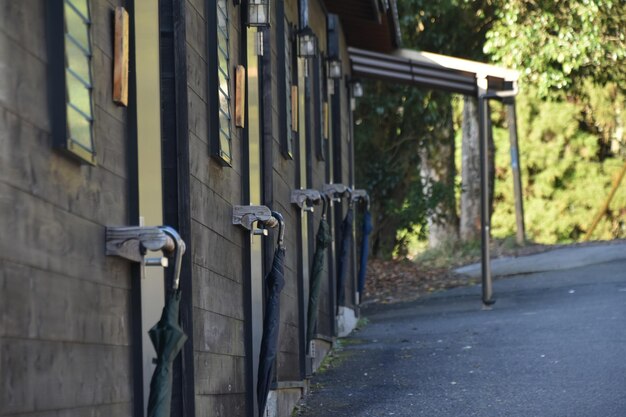Your Guide to Homeless Shelter Tulsa
What You Get:
Free Guide
Free, helpful information about Shelter FAQ and related Homeless Shelter Tulsa topics.
Helpful Information
Get clear and easy-to-understand details about Homeless Shelter Tulsa topics and resources.
Personalized Offers
Answer a few optional questions to receive offers or information related to Shelter FAQ. The survey is optional and not required to access your free guide.
Navigating Tulsa's Homeless Shelters: A Guide for Those in Need
In Tulsa, Oklahoma, the reality of homelessness is a significant challenge, as it is in many parts of the United States. For individuals seeking refuge, homeless shelters offer safe havens from the uncertainties of life on the streets. But finding these resources and understanding the next steps can feel overwhelming. This guide aims to provide a clear starting point for those seeking shelter and beyond.
Tulsa's Homeless Shelters: What You Need to Know
For anyone facing homelessness in Tulsa, knowing where to turn is crucial. The city is home to several shelters that offer temporary accommodation, meals, and support services aimed at helping individuals and families get back on their feet. Key options include:
Tulsa Day Center: Known for its comprehensive services, the Tulsa Day Center offers daytime shelter and access to case management, healthcare services, and assistance with employment.
John 3:16 Mission: A faith-based organization providing emergency shelter along with spiritual support, meals, and long-term recovery programs.
Salvation Army Center of Hope: Offers overnight shelter, meals, and helps connect individuals to case management and housing assistance programs.
Identifying the right shelter for your needs is the first step. However, accessing these resources often goes hand in hand with exploring additional financial and educational opportunities.
Extending Your Pathway to Security
While securing immediate shelter is critical, consider leveraging additional financial assistance and educational programs. By doing this, you're not just focusing on the present but building a pathway towards future stability.
Government Assistance Programs
The federal and state governments offer numerous programs designed to provide financial relief to those in need:
Supplemental Nutrition Assistance Program (SNAP): Offers financial help for purchasing food. It's an essential resource for those transitioning to independent living.
Temporary Assistance for Needy Families (TANF): Provides temporary financial assistance to help families achieve self-sufficiency.
Section 8 Housing Vouchers: This federal program assists eligible individuals in obtaining affordable housing.
Educational and Workforce Opportunities
Education might seem like a distant goal when immediate needs are pressing, but pursuing learning can dramatically improve long-term prospects:
Pell Grants: Available for low-income students to attend college or vocational school, these grants do not need to be repaid.
Workforce Tulsa: Offers a variety of programs including job training, career counseling, and job placement services.
By exploring these programs, individuals can gradually work towards financial independence and stability.
Empowering Financial Decisions
An essential aspect of regaining self-sufficiency involves making informed financial decisions. Tools such as credit counseling services and debt relief programs can be invaluable:
Credit Counseling Services: Offer guidance on managing debts and improving credit scores, crucial steps in securing loans for housing or education.
Debt Management Plans: These plans help individuals consolidate and reduce their debts over time, making payments more manageable.
The Road Ahead: Building Towards a Stable Future
Finding a homeless shelter in Tulsa is a vital first step towards safety and recovery. However, leveraging additional resources ensures a more sustainable path forward. Whether it's securing financial aid, enhancing education, or managing debts, integrating these strategies can empower those experiencing homelessness to envision and achieve a brighter future.
Resources at a Glance
🔥 Shelters in Tulsa:
- Tulsa Day Center
- John 3:16 Mission
- Salvation Army Center of Hope
💰 Financial Aid:
- SNAP
- TANF
- Section 8 Housing Vouchers
📚 Educational Opportunities:
- Pell Grants
- Workforce Tulsa Programs
📈 Financial Solutions:
- Credit Counseling
- Debt Management Plans
What You Get:
Free Shelter FAQ Guide
Free, helpful information about Homeless Shelter Tulsa and related resources.

Helpful Information
Get clear, easy-to-understand details about Homeless Shelter Tulsa topics.

Optional Personalized Offers
Answer a few optional questions to see offers or information related to Shelter FAQ. Participation is not required to get your free guide.


